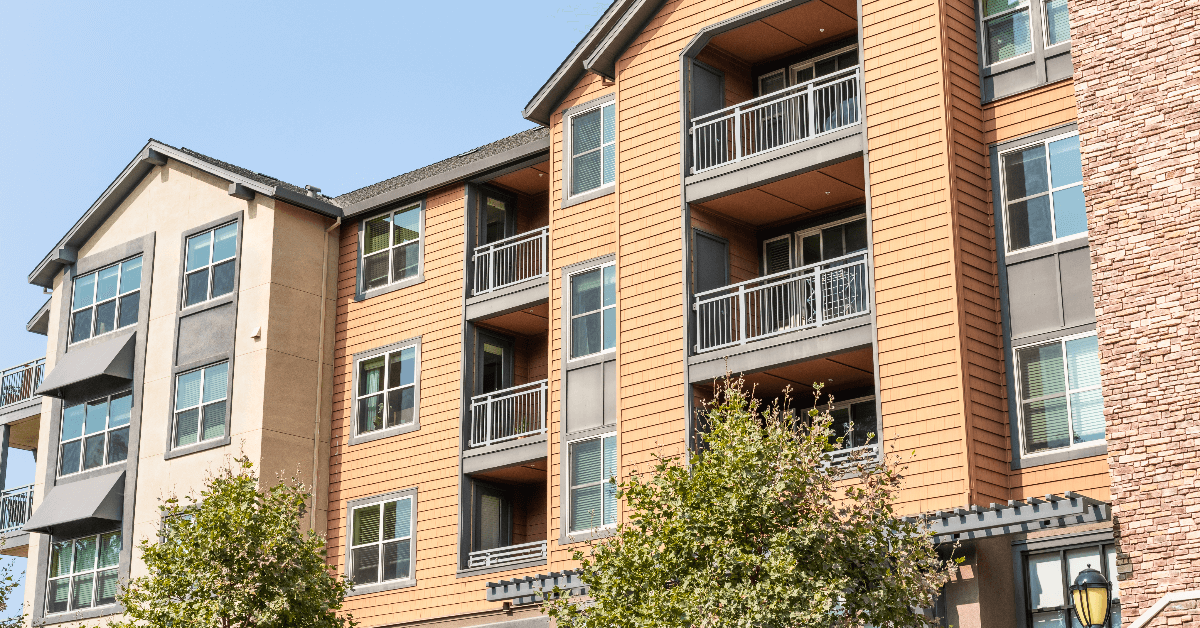Affordable housing isn’t just about roofs over heads—it’s a cornerstone of community well-being. This post’ll delve into how affordable housing positively impacts individuals, families, and communities. From improved health outcomes to economic stability, let’s explore why Affordable Housing Impact is vital to our communities.
The Social Impact of Affordable Housing
Access to safe and stable housing profoundly impacts social cohesion and individual well-being. Affordable housing provides individuals and families a sense of security and stability, allowing them to thrive and contribute positively to their communities. Moreover, affordable housing fosters social inclusion housing and reduces social isolation by providing individuals a place to call home and a sense of belonging.
The Economic Benefits of Affordable Housing
Affordable housing isn’t just a social imperative—it’s also an economic driver. By providing affordable housing options, communities can attract and retain a diverse workforce, fueling economic growth and development. Additionally, affordable housing initiatives create jobs in construction, property management, and related industries, stimulating local economies and generating economic opportunities for residents.
The Health Outcomes of Affordable Housing
Access to affordable housing is closely linked to improved Health Outcomes Housing for individuals and families. Stable housing reduces stress and anxiety, improving mental health outcomes and overall well-being. Moreover, Affordable Housing impact individuals to access essential healthcare services and preventive care, reducing healthcare costs and improving long-term health outcomes for residents.
Case Studies and Real-Life Examples
To illustrate the Affordable Housing Impact initiatives, we’ll showcase real-life examples and case studies from communities nationwide. From revitalized neighborhoods to improved educational outcomes, these examples will highlight the tangible benefits of affordable housing for residents and communities alike. By sharing success stories and statistics, we’ll demonstrate the transformative power of affordable housing in improving community well-being and quality of life.
- The Oakwood Project, Portland, Oregon: This project revitalized a blighted neighborhood by developing over 200 affordable housing units, spurring local economic growth and reducing crime rates. Significant improvements were seen in local schools, with better attendance and student performance, showcasing the broader social benefits of stable housing.
- Harbor Point Estates, Baltimore, Maryland: This redevelopment by lihtc developers
transformed a high-crime area into a vibrant community with mixed-income housing, public amenities, and green spaces. Post-revitalization, the community saw a 40% increase in household incomes, a 30% decrease in unemployment, and higher civic engagement from residents.
Conclusion
Affordable housing isn’t just a housing issue—it’s a community issue. By investing in affordable housing initiatives, communities can create vibrant, inclusive neighborhoods where individuals and families thrive. The benefits of affordable housing are clear from improved health outcomes to economic stability. As we continue to address the affordable housing crisis, let’s remember the importance of affordable housing in building healthy, resilient communities for all. Affordable Housing Impact ensures economic stability, educational opportunities, and community well-being. By investing in and prioritizing these initiatives, we can create transformative change and offer meaningful support to those who need it most, paving the way for a more equitable society. Contact us to learn more about affordable housing.










